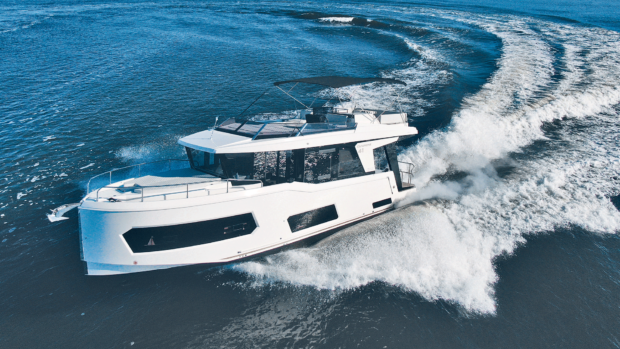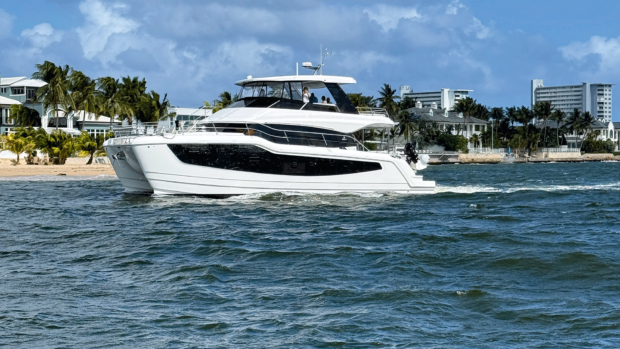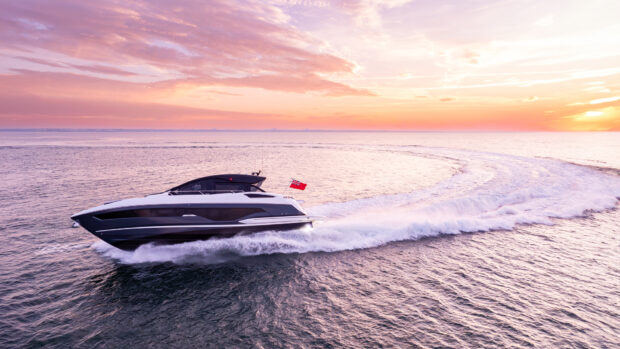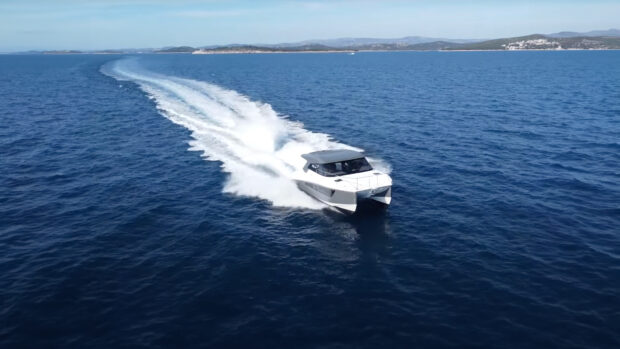As UK gets over warm-weather shock
RNLI lifeguards are now geared-up for the 2008 season, the charity says.
Full season started on 1 May and going on previous figures lifeguards are expecting a busy time ahead.
More than 9,880 beach visitors were helped by RNLI lifeguards on UK beaches in 2007, the charity’s statistics show.
Last year alone, RNLI lifeguards responded to more than 8,200 incidents and saved 62 lives, prompting the charity to renew its calls for beach-goers to make safety a priority.
As part of its summer beach safety drive, the RNLI charity is urging beach-goers, wherever possible, to make safety paramount by choosing a lifeguarded beach and swimming between the red and yellow flags.
Despite last summer’s wet weather conditions, RNLI lifeguards were busy throughout the season, responding to incidents involving a range of water users including surfers, bodyboarders, swimmers and people using inflatables.
The RNLI’s Beach Safety Programmes Manager, Kelly Keating, says:
“Anyone using the sea could end up in difficulty.
“Not all dangers at the beach are visible – rip currents, offshore winds and tides are all hidden dangers that the public should be aware of, in particular those taking young children to the beach.
“The RNLI always advises people to choose a lifeguarded beach if they plan to use the water.
“Naturally, people want to enjoy themselves at the beach and, by choosing a lifeguarded beach, they can be sure that fully trained lifeguards are on hand to help out should they or their families get into trouble.
“Those who can’t make it to a lifeguarded beach should find out about their chosen beach before they go, read the safety signs to make themselves aware of the local hazards, and look out for public rescue equipment, like lifebuoys.
“Most importantly, if they see someone in trouble, call 999 or 112 and ask for the Coastguard – but should not enter the water themselves.”
Those wishing to identify their nearest lifeguarded beach can visit www.goodbeachguide.co.uk .
Provided by the Marine Conservation Society, in partnership with the RNLI, the site provides information on the safety provision and facilities at beaches around the UK and Republic of Ireland.
The RNLI’s guide to beach safety, On The Beach, offers advice on how to stay safe at the beach.
It is available free-of-charge by emailing beachsafety@rnli.org.uk or calling 0800 328 0600.
Copies will also be available from most RNLI lifeboat stations, RNLI lifeguard units, Tourist Information Centres, service stations, Little Chef restaurants and selected tourist attractions throughout the summer season.
RNLI lifeguards operated on 71 beaches across the UK in 2007 and are increasing their presence throughout 2008 to cover 87 beaches in the southwest, eight beaches in Norfolk and, for the first time, 12 beaches in Pembrokeshire, Wales.
Practical advice and tips on how to stay safe can be found at he RNLI’s website www.rnli.org.uk/beachsafety









